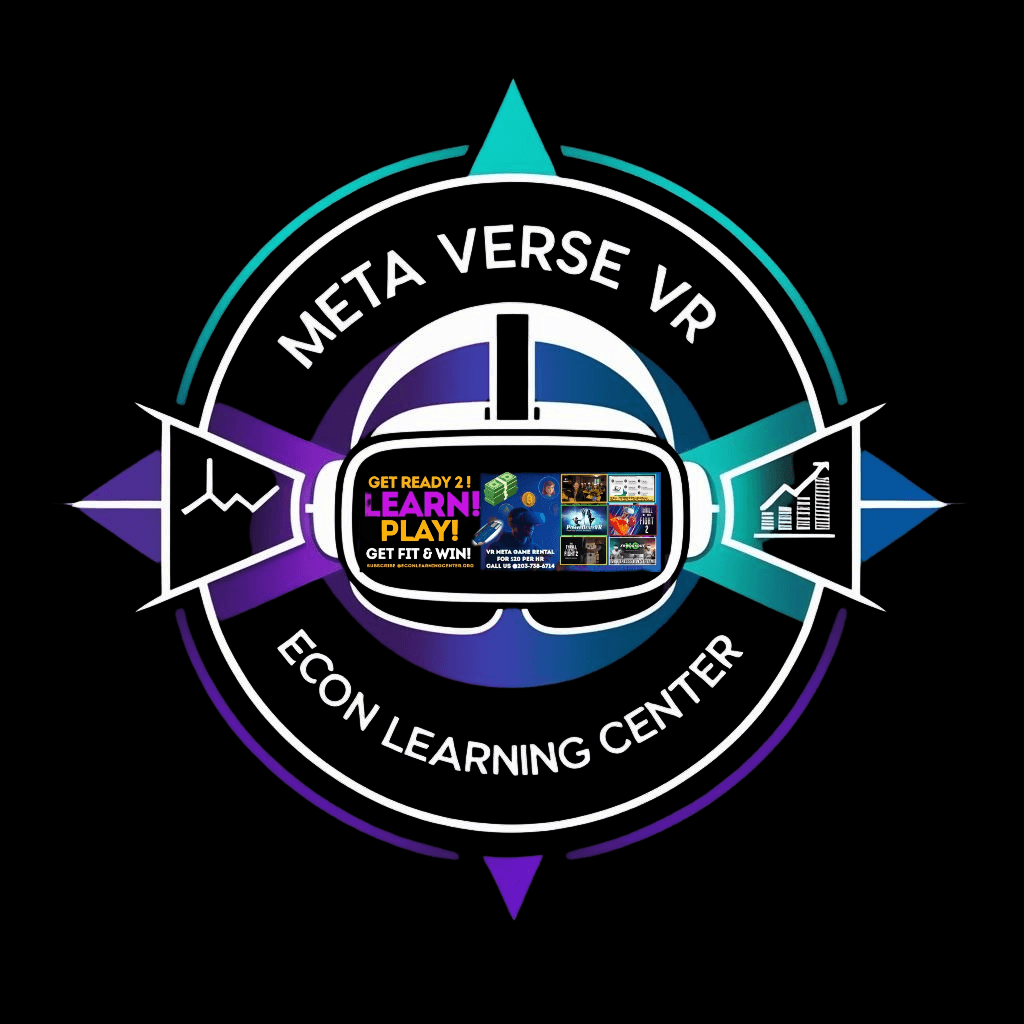- BOOK ME HERE
- About
- Giveaway Gift Rewards Contest
- ENROLL HERE
- Schedule For Our Personal Financial Development 1 Year Course
- The Challenge
- ELC SHOP CLUB
- Credit Repair and Financial Education Services
- Watch Our Business Presentation
- Contact
- FAQ
- Econ Learning Center Blog
- Terms of service
- Econ Learning Center Channel
- Credit Secrets Live Tv
- ELC Meta Verse Vr Fitness ED Games
The Impact of the Metaverse on Traditional Education Systems
Introduction to the Metaverse
The concept of the Metaverse has been growing in popularity, promising a new digital frontier where virtual and augmented realities blend seamlessly with the physical world. As this technology evolves, it stands to significantly impact various sectors, including traditional education systems. But what exactly is the Metaverse, and how might it transform the way we learn?

Enhanced Learning Environments
One of the most profound impacts of the Metaverse on education is the creation of enhanced learning environments. Imagine a history lesson where students can virtually walk through ancient Rome, or a biology class where they can explore the human body in 3D. These immersive experiences can make learning more engaging and effective, allowing students to grasp complex concepts more easily.
In addition to making lessons more interactive, the Metaverse can also provide a more personalized learning experience. Virtual reality (VR) and augmented reality (AR) can adapt to individual learning styles, offering customized lessons and activities that cater to each student's needs. This could help bridge the gap for students who struggle with traditional teaching methods.
Accessibility and Inclusivity
The Metaverse has the potential to make education more accessible and inclusive. For students with disabilities, VR and AR can offer alternative ways to interact with educational content. For example, a student with mobility issues could participate in a virtual field trip without leaving their home. Similarly, those with hearing or visual impairments can benefit from tailored VR and AR experiences that suit their specific needs.

Global Collaboration
Another significant benefit of the Metaverse in education is the ability to facilitate global collaboration. Students from different parts of the world can come together in a virtual classroom, sharing ideas and working on projects in real-time. This not only broadens their perspectives but also prepares them for a globalized workforce.
Moreover, educators can collaborate more easily, sharing resources and best practices across borders. This can lead to a more unified and high-quality educational experience for students worldwide.
Challenges and Considerations
While the Metaverse offers numerous benefits, it also presents several challenges that need to be addressed. One of the primary concerns is the digital divide. Not all students have access to the technology required to participate in a Metaverse-based education system. Ensuring equitable access to these technologies is crucial for the Metaverse to be a viable solution for all.

Privacy and security are other significant concerns. As students spend more time in virtual environments, protecting their personal information and ensuring a safe online experience becomes paramount. Educational institutions will need to implement robust security measures to safeguard their students' data.
Conclusion
In summary, the Metaverse has the potential to revolutionize traditional education systems, offering enhanced learning environments, increased accessibility, and opportunities for global collaboration. However, it is essential to address the challenges of equitable access and data security to fully realize its benefits. As we continue to explore this new digital frontier, the possibilities for transforming education are both exciting and boundless.
